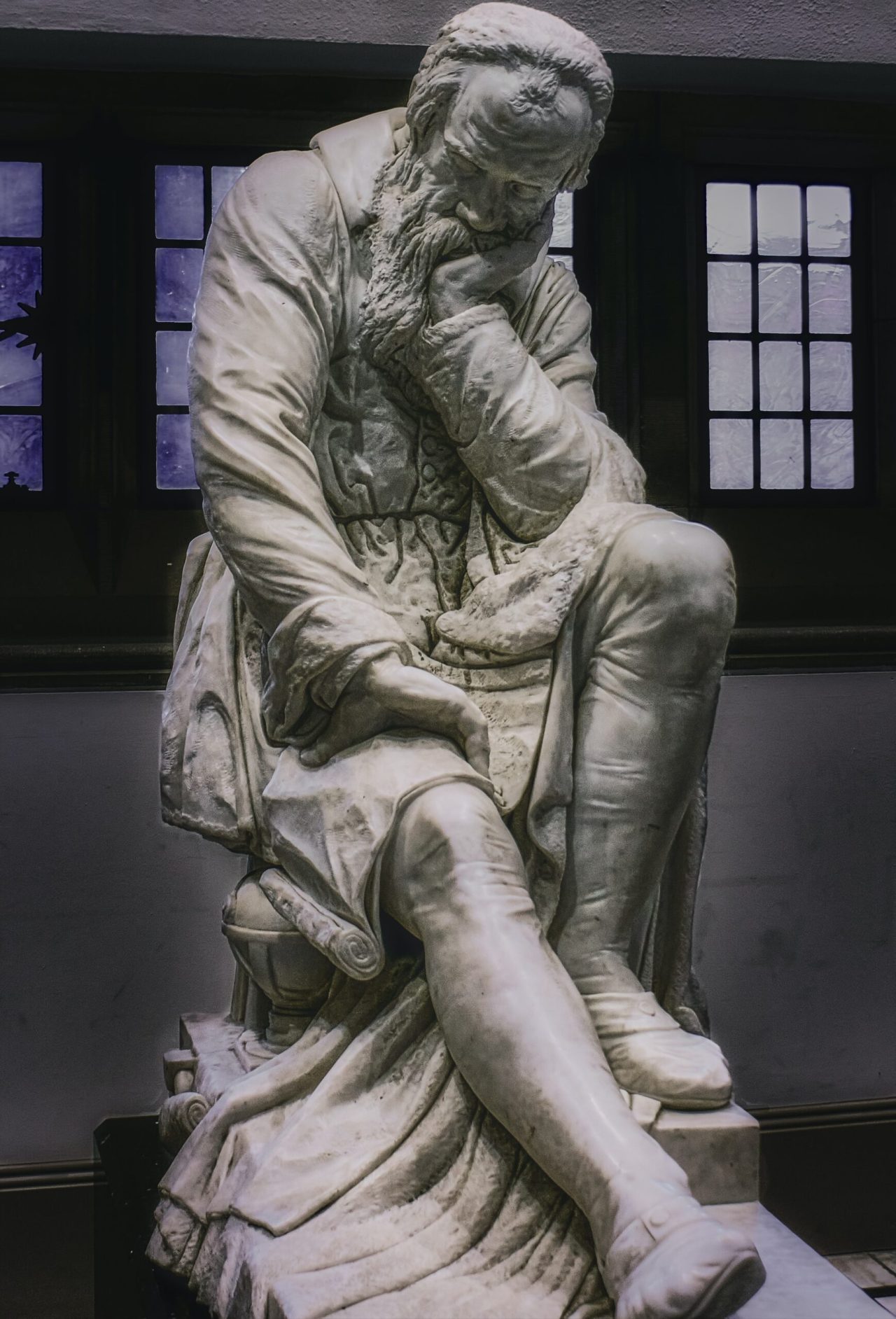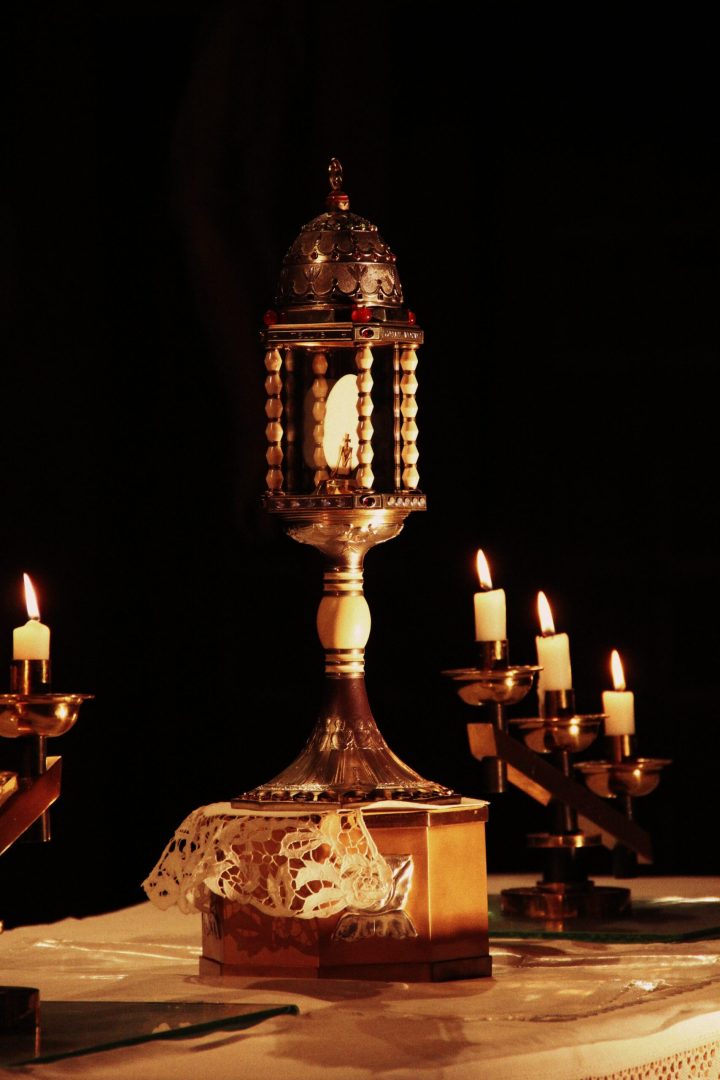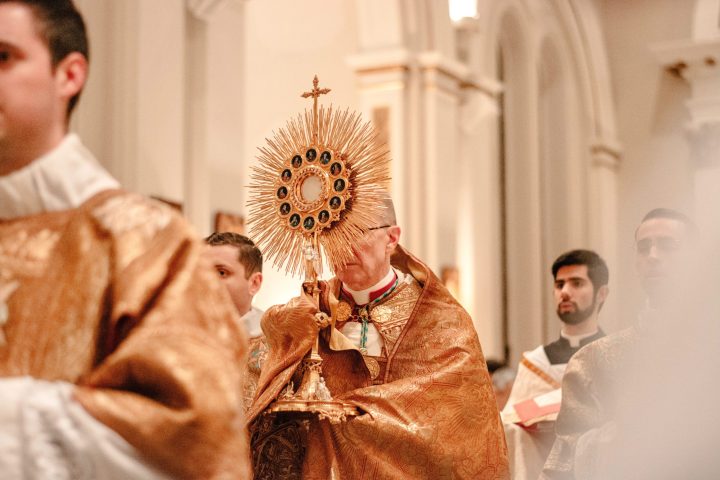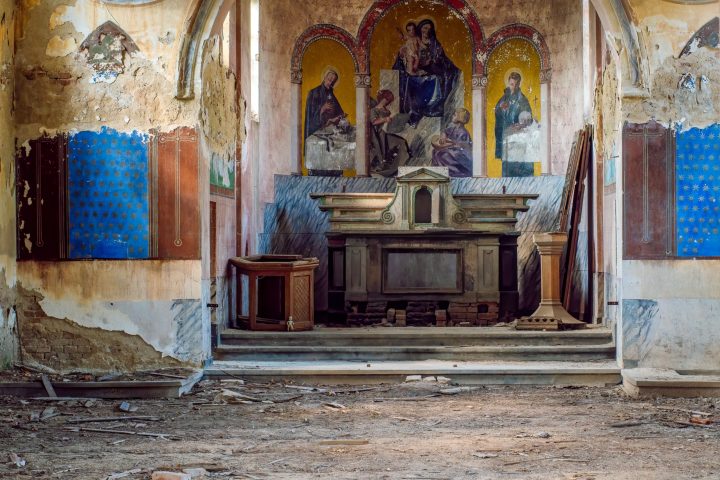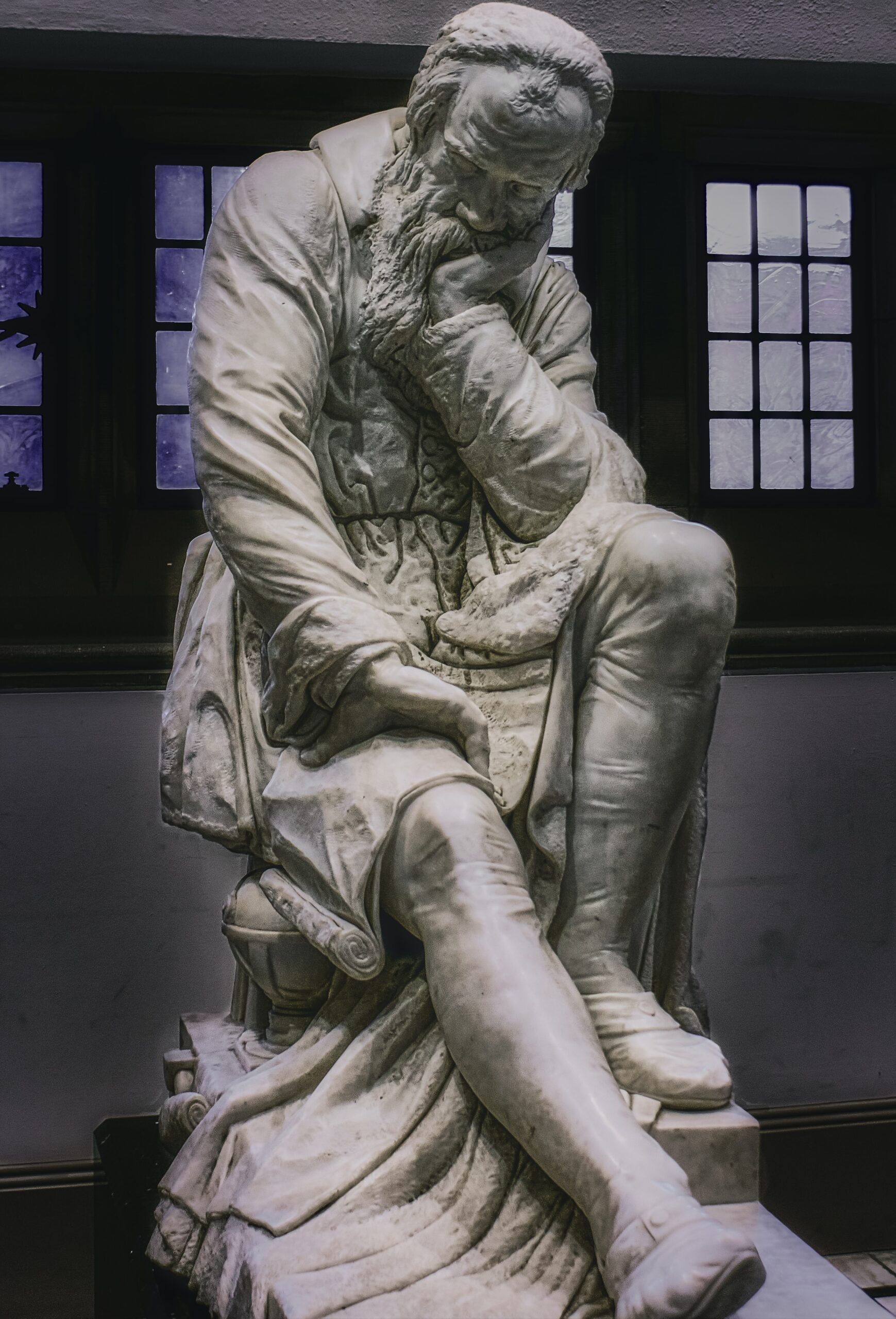
There is no conflict between religion and science – Fr. Georges Lamaitre
For centuries a subject of great debate has been the perceived conflict between faith and science. There are some, such as Richard Dawkins, the author of The God Delusion, who have argued that religion “subverts science and saps the intellect.” There are also those who use the Galileo incident as an argument to prove that faith and science are at odds with one another, and that the Catholic Church has strived to obstruct the development of science.
The reality is that faith and science are not inherently in conflict. There is a rich history in Catholicism that illustrates harmony between what appears to be two complete and absolutely distinct realms. The Catholic Church has been a major patron of scientific inquiry and a supporter of scientific advancements. Prominent figures such as Fr. Georges Lamaitre, a Catholic priest, who formulated the Big Bang Theory, and Galileo Galilei, a devout Catholic, who made discoveries favoring the Copernican model, have contributed to the field of science.
The Jesuits were a Catholic religious order that made significant scientific contributions, and Jesuit astronomers were able to confirm the observations of Galileo Galilei in 1610, and he was celebrated by illustrious Cardinals and Prelates, along with Pope Paul V when he visited Rome for the first time. After his Letter on Sunspots, his first public presentation of the Copernican model, the future Pope Urban VIII celebrated his accomplishment.
Since the Protestants were accusing the Church of not paying proper mind to the Bible, the Church desired facts to support the Copernican model, which appeared at the time to contradict the Bible. Galileo was instructed in 1616 to stop presenting his findings as absolute truth without proper evidence. Galileo at first complied, and during his second visit to Rome was once again celebrated with the same fanfare that he received the first time he made his appearance there.
Galileo was not later condemned by the Church for his Copernican model, but for publishing his findings as factual without adequate proof in his book, Dialogue on the Great World Systems, in 1632 after Pope Urban VIII requested he present his findings as a hypothesis rather than as matter of fact. He was not excommunicated, burned, or tortured for his developments in science; such falsehoods are a part of the Galileo Myth.
Again, it was not the scientific discovery that was refuted by the Church, but Galileo’s disobedience to the request by the Church to not present his findings as factual without sufficient evidence to defend Copernicanism as true without any doubt. However, the truth is that the Copernican model does not contradict Sacred Scripture since the Bible is not meant to be read like a science textbook. Pope Leo XIII in the nineteenth century, and St. Albert the Great, St. Thomas Aquinas, St. Robert Bellarmine, and Galileo illustrate how the truths of faith and the truths of science can co-exist together. The English organic chemist, Derek Barton once said, “God is truth. There is no incompatibility between science and religion. Both are seeking the same truth. Science shows that God exists.”
Our beautiful Catholic faith helps us to answer questions, such as the meaning and purpose of our lives, morality, and the nature of the Divine. Science, on the other hand, seeks to understand the natural world through empirical observation and experimentation. Although faith and science address different aspects of reality, such as faith addressing the “why” and science focusing on the “how” they are not mutually exclusive.
Both the Catholic faith and science promote humility and wonder in the face of the unknown. Science acknowledges the limitations of current knowledge and seeks to expand understanding continuously. Similarly, Catholicism emphasizes the mysterious nature of God and encourages believers to approach the divine with awe and reverence.
Catholicism and science need not be in conflict. While they have distinct methods and objectives, they address different aspects of human existence and can coexist harmoniously. Throughout history the Catholic Church has embraced advancements in the field of science and has adjusted its theological interpretations to accommodate new knowledge. Both faith and science can complement each other in the quest for a deeper understanding of the world and the cosmos.
Photo by K. Mitch Hodge on Unsplash

